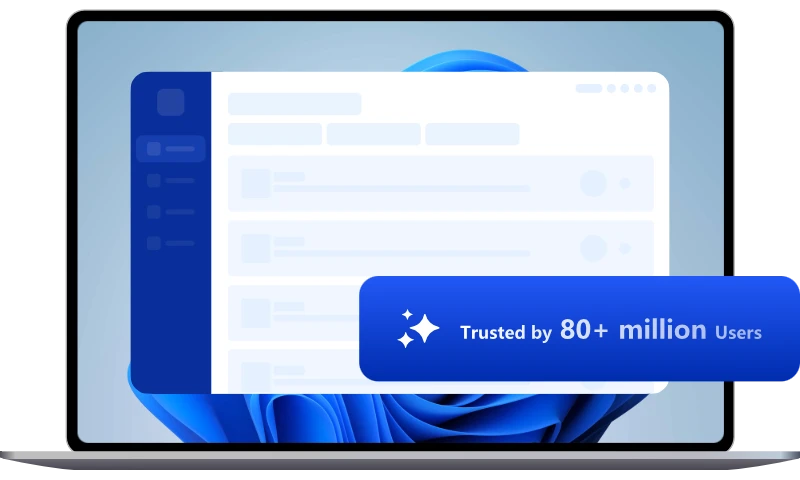Why Do PCs Fail to Get the Latest Windows Patches? Microsoft Explains It
Despite Microsoft's all-out push, it's actually normal if you find that one or more of your Windows devices don't seem to be updating properly, and that's because your PC may be one of those that Microsoft has judged to be less than patch-compliant after collecting update data.
Microsoft recently announced that it will force compatible Windows 10 devices to be updated to Windows version 1021H2 in an effort to train its own machine learning (ML) based Windows Update model. And in November last year, the company also accelerated the rollout of Windows 11 as it was pleased with all the positive feedback.
As that effort continues, the company confirmed a few days ago that Windows 11 is entering its final stages of availability, which basically means a wider deployment is on the horizon. However, despite Microsoft's all-out push, it's actually normal if you find that one or more of your Windows devices don't seem to be updating properly, and that's because your PC may be one of those that Microsoft has judged to be less than patch-compliant after collecting update data.
Microsoft explains why computers often fail to get the latest Windows patches
Recently, the official Microsoft community posted that Microsoft has put a lot of effort into studying why some users' Windows devices are unable to get the latest Windows patches.
Microsoft said its database that counts the number of connection hours needed for updates will highlight how much Internet connection time a computer needs so that Windows updates can be successfully delivered to it. Specifically, a device needs to be online for at least two consecutive hours and accumulate six hours of connection time after an update is released before it can be reliably updated. Once the device is active or connected, the system will automatically download and install in the background, and reboot and resume.
Microsoft has made this detection method the "update connection". The data shows that about 50 percent of Windows 10 devices that are not in service do not meet the minimum update connection criteria.
In addition, about 25% of Windows 10 devices are already on the service version, but their security updates have been available for more than 60 days, which is below the minimum standard requirements.
Therefore, Microsoft encourages Windows devices that need system updates to connect to power and remain connected to the Internet in order to properly download and install updates. This way the devices can be protected and remain productive.

